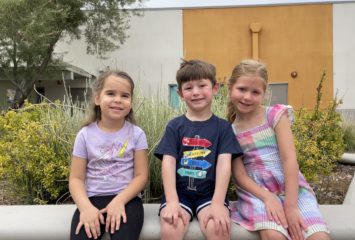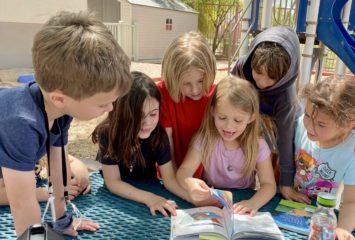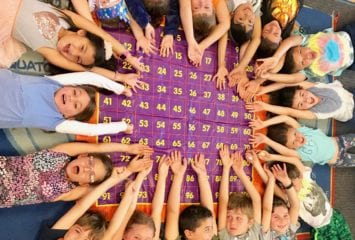How Can We Train Critical Thinkers and Strong Communicators?
How Can We Train Critical Thinkers and Strong Communicators?
Imagine your child on graduation day, and think of all the things you hope they will learn by then to carry forward. At Pardes, we are continually focused on that culminating moment and equipping our students for success. We want your child to have every opportunity to develop the core abilities that will serve them well for a lifetime. This post is the first installment in our Portrait of a Graduate series, so keep reading to learn how we can work together to foster these critical skills.
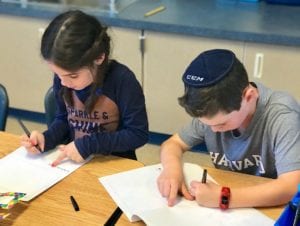
What is 21st-Century Learning?
Many schools say they work to promote things like “communication skills” and “critical thinking,” but it is difficult to define these things in brochures or on school websites. Perhaps we can offer a more precise sense of what these things mean to our faculty and students.
Fostering Exceptional Communication
We always strive to remember that speaking and writing well begins with listening or reading well. Clear expression is a wonderful thing, but so is communicating with genuine empathy! Our students, even our kindergartners, are constantly exploring communication and discovering ways to apply what they learn. They participate in writer’s workshops, discussions, and presentations like our Scientist of the Week program. Public speaking and communicating in groups are things our students practice throughout their journey at Pardes.
Developing Analytical Aptitude
Our students find many opportunities to develop analysis and synthesis skills in both our secular and Jewish studies. For example, by the time students reach the third grade, they are reading and analyzing not only literary novels but also ancient biblical texts. We want to see them not only be able to sift and thoughtfully analyze what they are reading and hearing but also to be able to formulate their ideas and meaningful connections between ideas.
When students combine talents for thinking well with their gifts of written and spoken expression, they find a sure foundation for the rest of their education and future career.
Our Academic Approach at Pardes
An inquiry-based approach for students is central to the curriculum at Pardes Jewish Day School. If we can foster a sincere, engaged curiosity in our students, it makes all the difference. We use secular and Jewish texts and discussions to teach our students how to read and listen critically, analyze what they are hearing, ask significant questions, and ultimately, to respond for themselves.
How do we translate these goals into concrete lesson plans and curriculum design? Our post on the importance of continuity in education illustrates this in more detail, but we have also recently created an innovative shared learning environment we call Makerspace.

How We Bring Critical Thinking to Hands-On Learning Experiences
In Makerspace, our students creatively ask questions and address problems. It is fun and stimulating, and it puts today’s latest technology in the hands of our students while they are cultivating all of the 21st-century skills they need to innovate, explore, and succeed.
Kindergartners—Third Grade students learn physics and the scientific method when they build Rube Goldberg devices with ramps and balls. They also learn some of their first lessons in computer coding and have fun with the Little Bits program which allows them to create street lights that light up or electronic scoreboards that buzz when they complete certain goals.
Fourth Grade students learned how to build and program robots while discovering how motors propel vehicles and different kinds of sensors provide input for robots and code can change their behavior.
Fifth Grade students, in conjunction with their Greek studies, researched building dimensions for the Acropolis and made 3D printings of the buildings at 1:500 scale.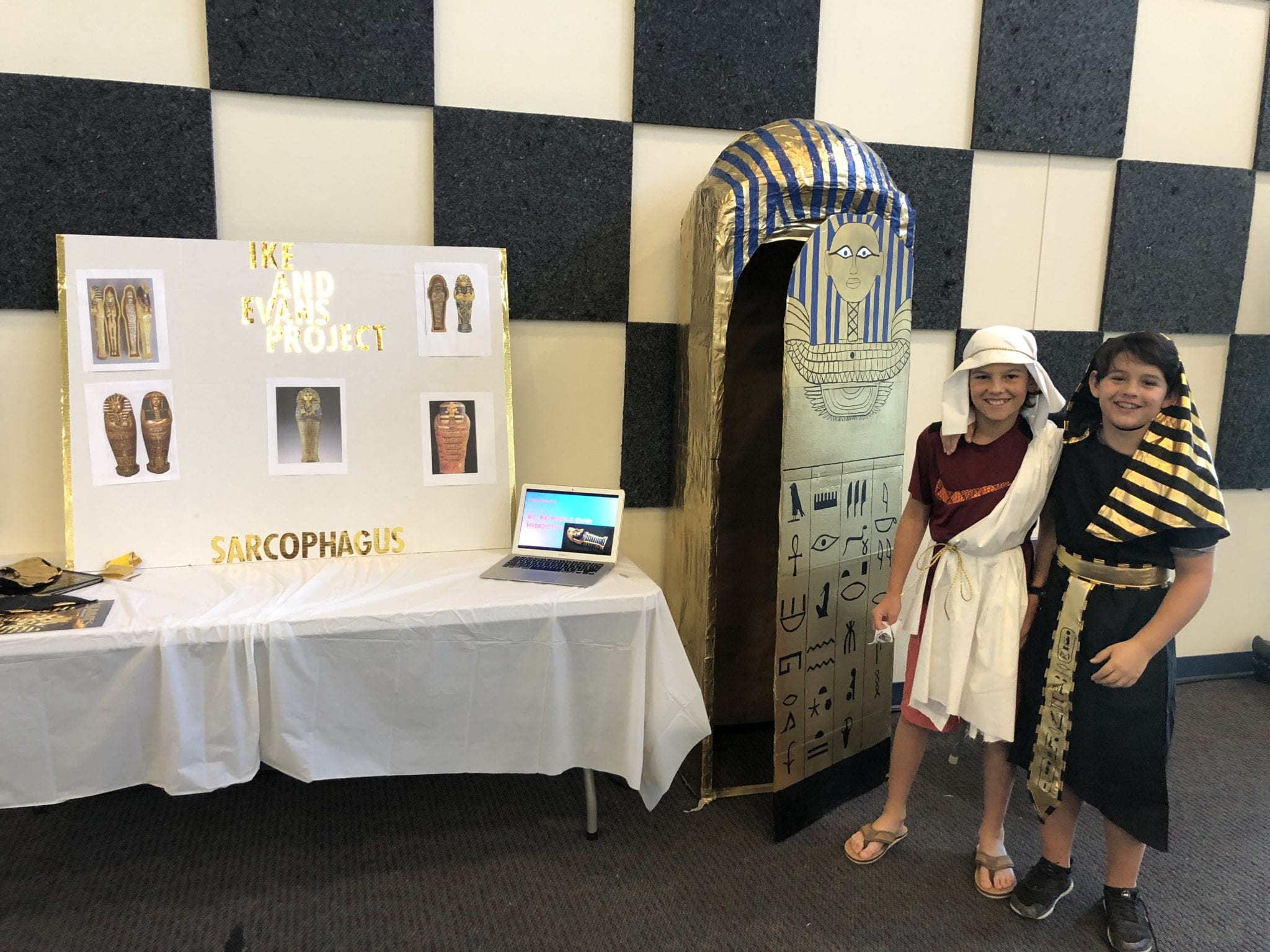
Sixth Grade students worked together to build plans for a two-year Mars settlement. This project brought together their lessons in science, technology, design, collaboration, math, and even Jewish studies as they researched and developed plans for self-contained structures and made 3D models of their settlements.
Eighth Grade students completed a culminating project in Makerspace modeled on the Shark Tank entrepreneurial show. Students worked in teams of five to find solutions to real-life problems the faculty submitted.
You can imagine how much fun our students have in Makerspace. It is impressive to see how much they develop things like communication and critical thinking skills in the context of creative, inquiry-based learning. In combination with the presentations, papers, and group collaborations in their core classrooms, our students are always honing these complex, essential abilities.
Keep Exploring
We have only just scratched the surface with this overview, and it would be a pleasure to answer questions you might have, or help you keep exploring all we offer at Pardes Jewish Day School. In the days ahead, we will continue to develop this Portrait of a Graduate series, but you do not need to wait—request more information today!

